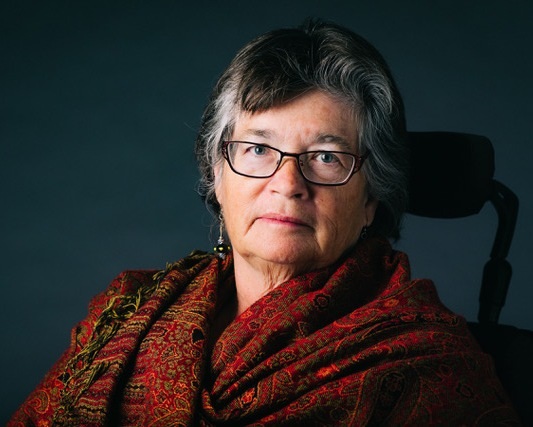 |
| photo: Adrianne Mathiowetz |
Sandra Gail Lambert, a 2018 NEA Creative Writing Fellow, is the author of A Certain Loneliness
(University of Nebraska Press), a memoir that probes disability, queerness and desire. It is a frank and funny rendering of her lifelong struggle with isolation and independence after contracting polio as a child. She is also a former co-owner of Charis Books in Atlanta, Ga., and the author of a novel, The River's Memory
. She lives in Gainesville, Fla.--a home base for trips to her beloved rivers and marshes.
On your nightstand now:
It's a tiny nightstand, but it supports a Jenga-like tower of books. I'm reading Lauren Groff's Florida because, well, it's Lauren Groff and we all should read everything she's ever written, but also because she lives down the road from me and writes about people and places I know. Read and ready to be passed on to a friend is What Are the Blind Men Dreaming? by the Brazilian-Jewish writer Noemi Jaffe. The title is problematic, but the combination of the diary of her mother who survived the camps followed by the author's story of its effect on her, and then her own daughter's reflections is powerful. Nnedi Okorafor's novella Binti; Against Memoir by Michelle Tea; By the Forces of Gravity, a graphic memoir by Rebecca Fish Ewan; Sister Love: The Letters of Audre Lorde and Pat Parker edited by Julie R. Enszer; and Alexander Chee's How to Write an Autobiographical Novel are waiting in the tower. At a conference recently, I heard the prose writer Karin Lin-Greenberg read an amazing story and so I have her collection Faulty Predictions at the ready as well. Under my pillow is an e-reader where I'm reading The American War by Omar El Akkad. The truth is that I wanted to check it out because the description made it seem similar, maybe too similar, to a novel I've just finished and am shopping around to agents. To my relief, it's not too similar and in addition, quite interesting.
Favorite book when you were a child:
From ages six through nine, my only access to books written in English was the tiny library provided to us military families stationed in Norway. I was a voracious, always desperate for more reader, so it wasn't long before I finished all the children's and young adult books available. The librarian then let me roam freely. (Hurrah for librarians.) There still weren't many choices, but for some reason the shelves were full of Taylor Caldwell titles, and I read them all. I didn't understand most of the "mature" stuff, but that didn't matter. They were thick books that told simple, grand stories and that satisfied me. But eventually my mother noticed the stack of adult books in my room. She had a "talk" with the librarian, and that was the end of that. Later in life, I learned Taylor Caldwell was an anti-Semitic John Bircher. Yikes.
Your top five authors:
Questions that want me to pick and choose about books are like asking me to favor one child, parent, pet or friend over another. First, even if I have a favorite, it's inconsiderate to say. And second, the answers I give today are only for today. That said, besides the other authors I've spoken of, I'll read anything Annette Gordon-Reed, Dorothy Allison, Lucy Jane Bledsoe, Louise Erdrich, Cynthia Barnett, Sarah Einstein and Tayari Jones writes. (I know that's seven authors, not five, but this is me being as restrained as possible. I mean I didn't even mention Joanna Russ. Or Yaa Gyasi.)
Book you've faked reading:
Anything by W.G. Sebald. When the occasion arose, I'd nod gravely in fake agreement about the significance of his work. But I became worried I'd be found out, so I read The Emigrants. Wowzer! I have a bulletin board next to my writing bed where I post sentences I admire. For a while, it was covered with Sebald quotes from edge to edge.
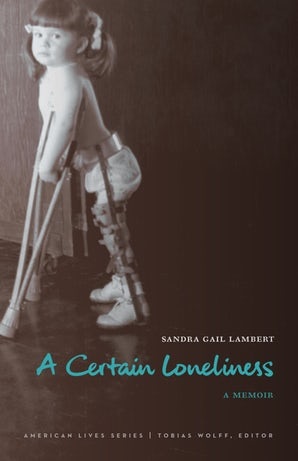 Book you're an evangelist for:
Book you're an evangelist for:
Too Late to Die Young: Nearly True Tales from a Life by the late Harriet McBryde Johnson. She was a disability activist who in her writings combined a fierce intelligence with a generous and funny take on humans. I didn't begin writing seriously until I was in my 40s and this was one of the books that make me want to.
Book you've bought for the cover:
Even though I lived a lot of my growing-up years in Norway, I didn't discover Sigrid Undset's Kristin Lavransdatter trilogy until much later. It was the cover of a young woman in traditional medieval Norwegian dress that attracted me. I had an instant memory of the May 17th National Day celebrations where I paraded in the streets with women dressed in red and rich blue, gorgeously embroidered dresses with bunad pins sparkling from their chests.
Book you hid from your parents:
When I was a teenager, we were stationed back in Oslo. One of the rebellious things us military brat teens did was to go downtown to the Chinese Embassy where they handed out free copies of Mao Tse-tung's (old spelling) Little Red Book. Most of us had one hidden somewhere away from the sight of the chief warrant officers (my father), captains, generals, colonels and lieutenants who were our fathers.
Book that changed your life:
Growing up, science fiction books were the only place I saw my life reflected in a positive way. I was a little girl with crutches and leg braces in a world that had set ideas of what was possible for me, which was mostly a list of what was not possible. But then I discovered the science fiction of writers such as Heinlein, Sturgeon, Le Guin, McIntyre and Lynn, where being unable to stand on your own just meant you were on a heavy gravity planet, and having short, twisted legs was regular for your species, and adaptive devices didn't imply anything negative about your intelligence, spirit of adventure or sexiness.
Favorite line from a book:
"To believe in something not yet proved and to underwrite it with our lives: it is the only way we can leave the future open." Lillian Smith was a Southern white woman, a not-that-closeted lesbian, who wrote about and advocated for the dismantling of "old South" racial attitudes--in the 1930s and '40s. The quote is from her collection of essays The Winner Names the Age.
Five books you'll never part with:
Every book by Ursula Le Guin that I've collected over the 40 years of reading her. Of course, I think The Dispossessed and The Left Hand of Darkness are brilliant, but my heart will always belong to Rocannon's World, especially the story of Semley. Dang, I've made myself cry like I always do to even think of her.
The Pocket Books edition of Kindred by Octavia Butler that I bought in 1981. Besides science fiction affirming that disability is a natural variation of the human condition, Octavia Butler also made the genre an entry for me into a better understanding of racial injustice.
Peterson Field Guide to Birds by Roger Tory Peterson--the 1984 version. It was a birthday gift from my lover at the time. She was the person who took me on camping and canoeing adventures and awakened my love of the natural world.
Sappho Was a Right-On Woman: A Liberated View of Lesbianism by Sidney Abbott and Barbara Love (1972). Although the cover is disintegrating, the pages are yellow and most likely bug-infested, and I'll probably never read it again, I keep it to remind me how wondrous it was just to see the word lesbian in a book.
Book you most want to read again for the first time:
Poetry always reveals more with each reading, so I'm thinking Ocean Vuong's Night Sky with Exit Wounds and Robin Coste Lewis's Voyage of the Sable Venus are due for another look.
Five books that are resources for your own writing:
There are books that have been a model for what I've wanted to be able to write as well as giving me permission to try. For the memoir it was Kenny Fries's Body, Remember with its articulation of aloneness; The Ice Cave, Lucy Jane Bledsoe's essays about the natural world; the irreverence of Mean Little Deaf Queer by Terry Galloway; and the lyricism of Janisse Ray's Ecology of a Cracker Childhood. Of course, the expansive humaneness of writers like Harriet McBryde Johnson and Ursula Le Guin is something I carry with me into all my work.
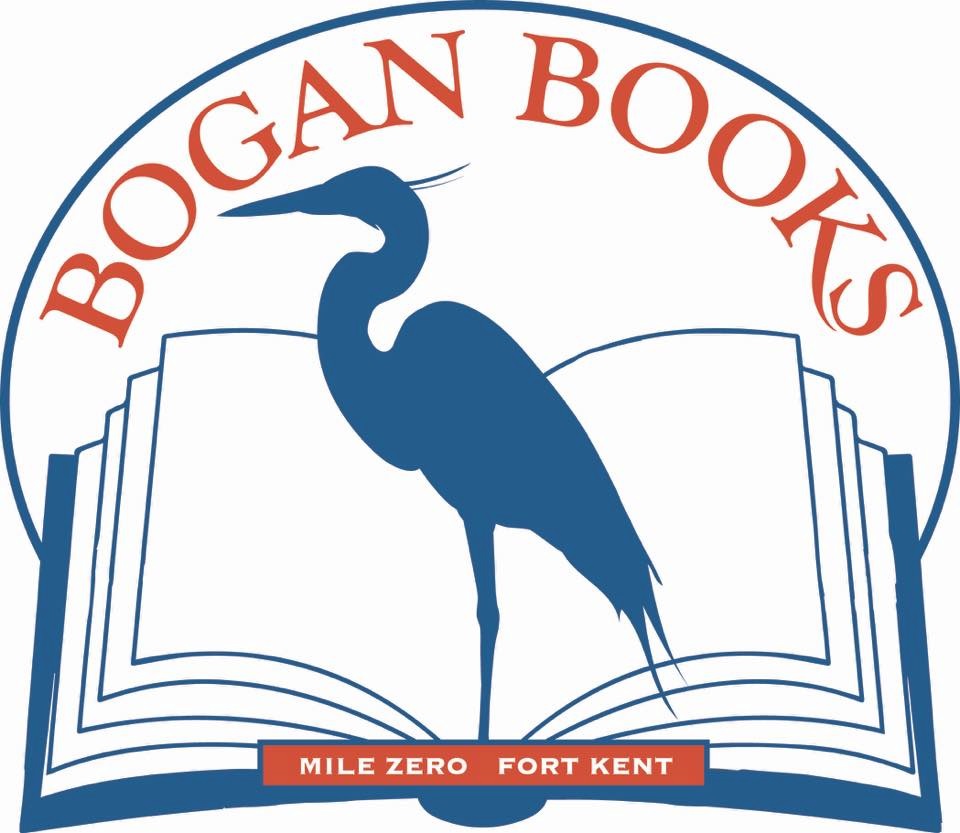 Bogan Books, "a tiny little indie bookshop with a big heart and kaleidoscope of good vibes," held its soft opening September 12 at 130 West Main Street in Fort Kent, Maine. The bookstore features "unique editions--used and new--bestsellers, cookbooks, Maine themes, physical and spiritual health, young adult, first readers and so much more!"
Bogan Books, "a tiny little indie bookshop with a big heart and kaleidoscope of good vibes," held its soft opening September 12 at 130 West Main Street in Fort Kent, Maine. The bookstore features "unique editions--used and new--bestsellers, cookbooks, Maine themes, physical and spiritual health, young adult, first readers and so much more!"




IPC.0204.S3.INDIEPRESSMONTHCONTEST.gif)




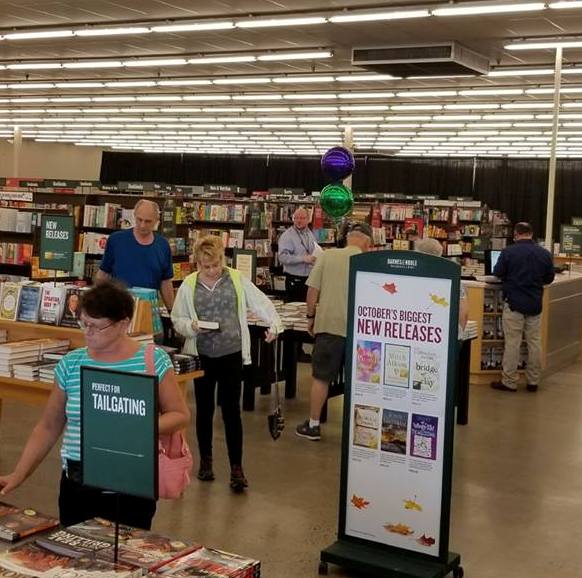

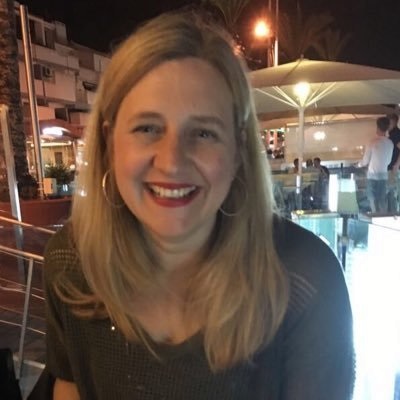


IPC.0211.T4.INDIEPRESSMONTH.gif)
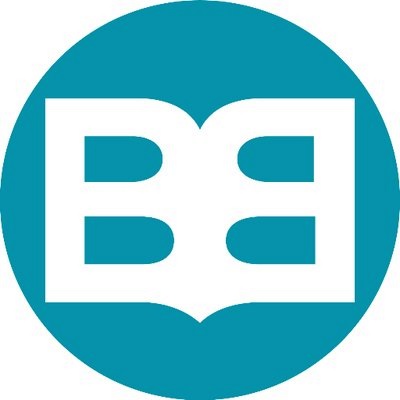 Bonnier Books UK has made
Bonnier Books UK has made 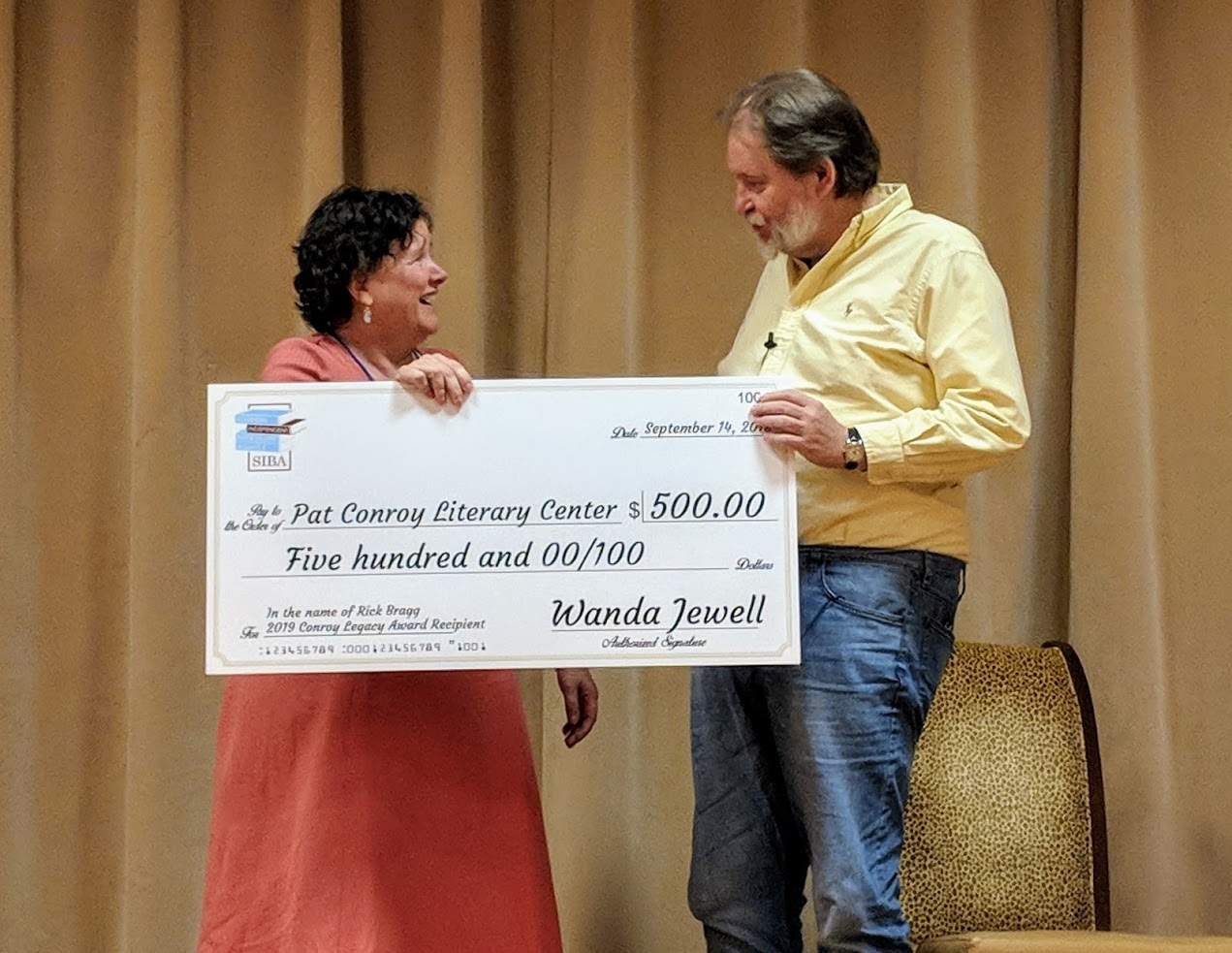 Pulitzer Prize-winning author and journalist Rick Bragg has received the 2019 Southern Independent Booksellers Alliance Conroy Legacy Award, which recognizes writers "who have achieved a lasting impact on their literary community, demonstrated support for independent bookstores, both in their own communities and in general, written work that focuses significantly on their home place, and supported other writers, especially new and emerging writers."
Pulitzer Prize-winning author and journalist Rick Bragg has received the 2019 Southern Independent Booksellers Alliance Conroy Legacy Award, which recognizes writers "who have achieved a lasting impact on their literary community, demonstrated support for independent bookstores, both in their own communities and in general, written work that focuses significantly on their home place, and supported other writers, especially new and emerging writers."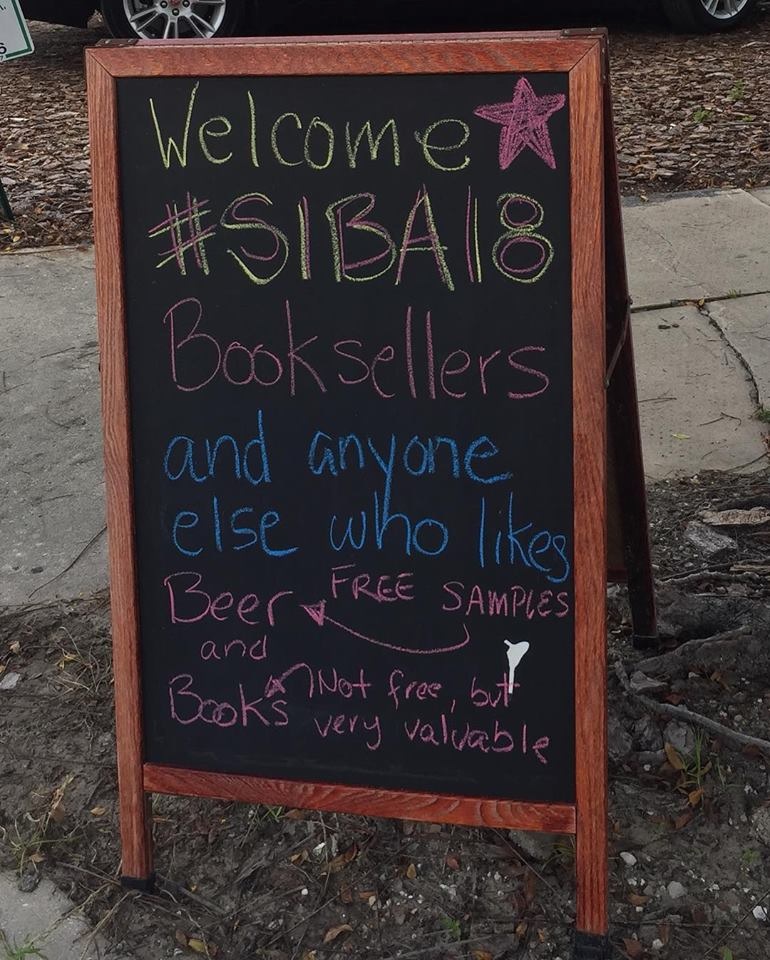 To welcome attendees to the Southern Independent Booksellers Alliance Discovery Show in Tampa, Fla., this week, local indie
To welcome attendees to the Southern Independent Booksellers Alliance Discovery Show in Tampa, Fla., this week, local indie 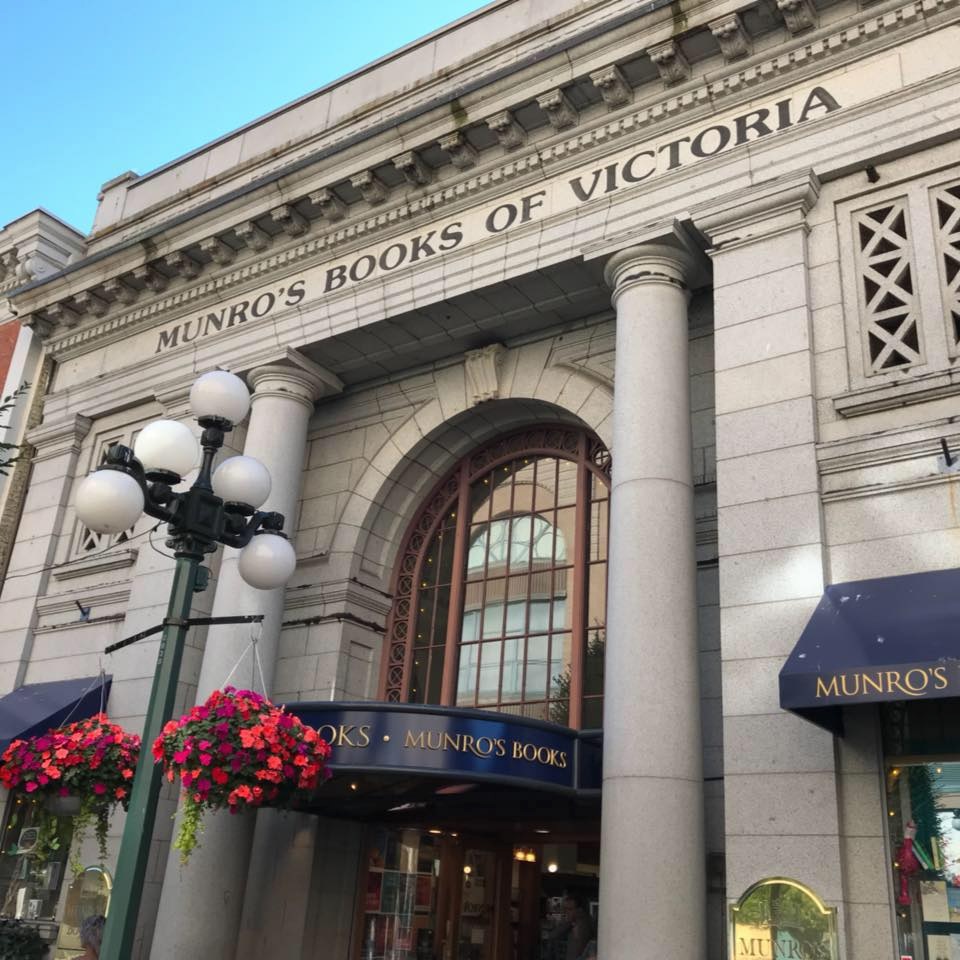 Congratulations to Canadian bookseller
Congratulations to Canadian bookseller  The Nationalist Revival: Trade, Immigration, and the Revolt Against Globalization
The Nationalist Revival: Trade, Immigration, and the Revolt Against Globalization
 Book you're an evangelist for:
Book you're an evangelist for: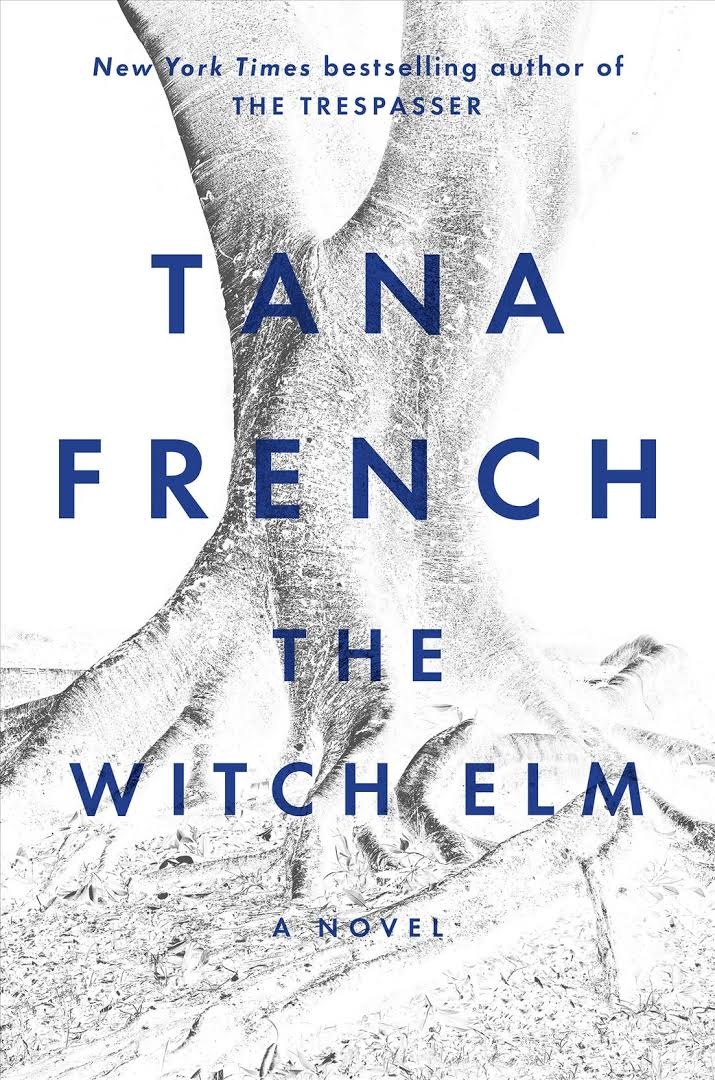 Edgar winner Tana French (
Edgar winner Tana French (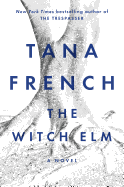
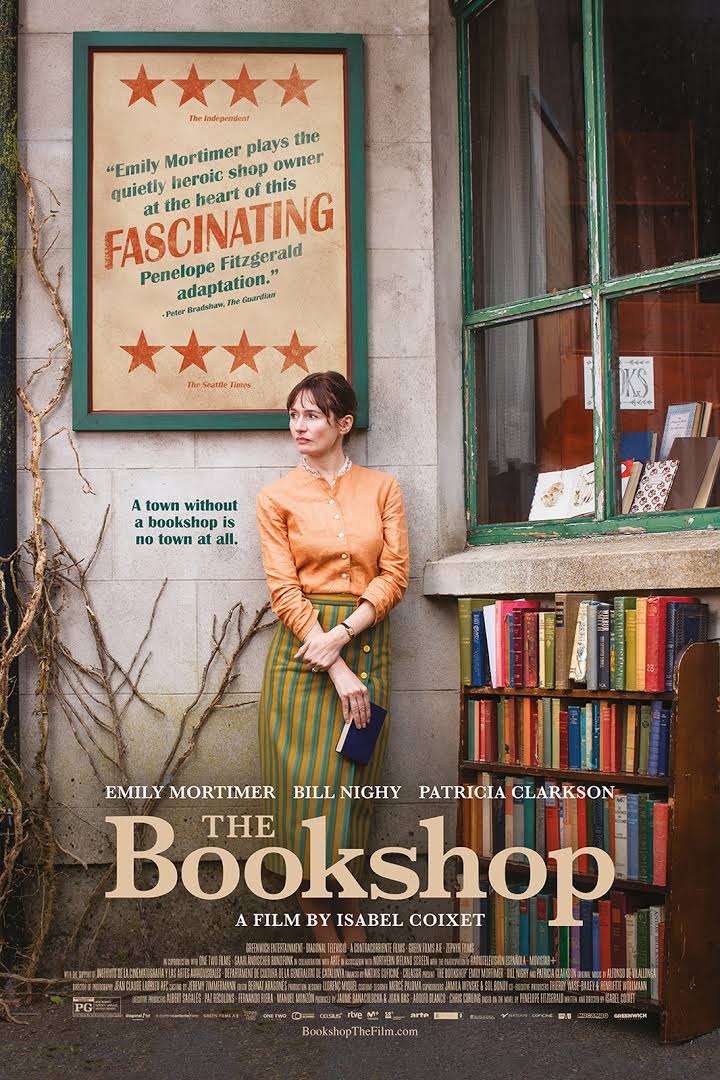 Last week I considered the mystery of why so few experienced booksellers had applied for an extraordinary
Last week I considered the mystery of why so few experienced booksellers had applied for an extraordinary 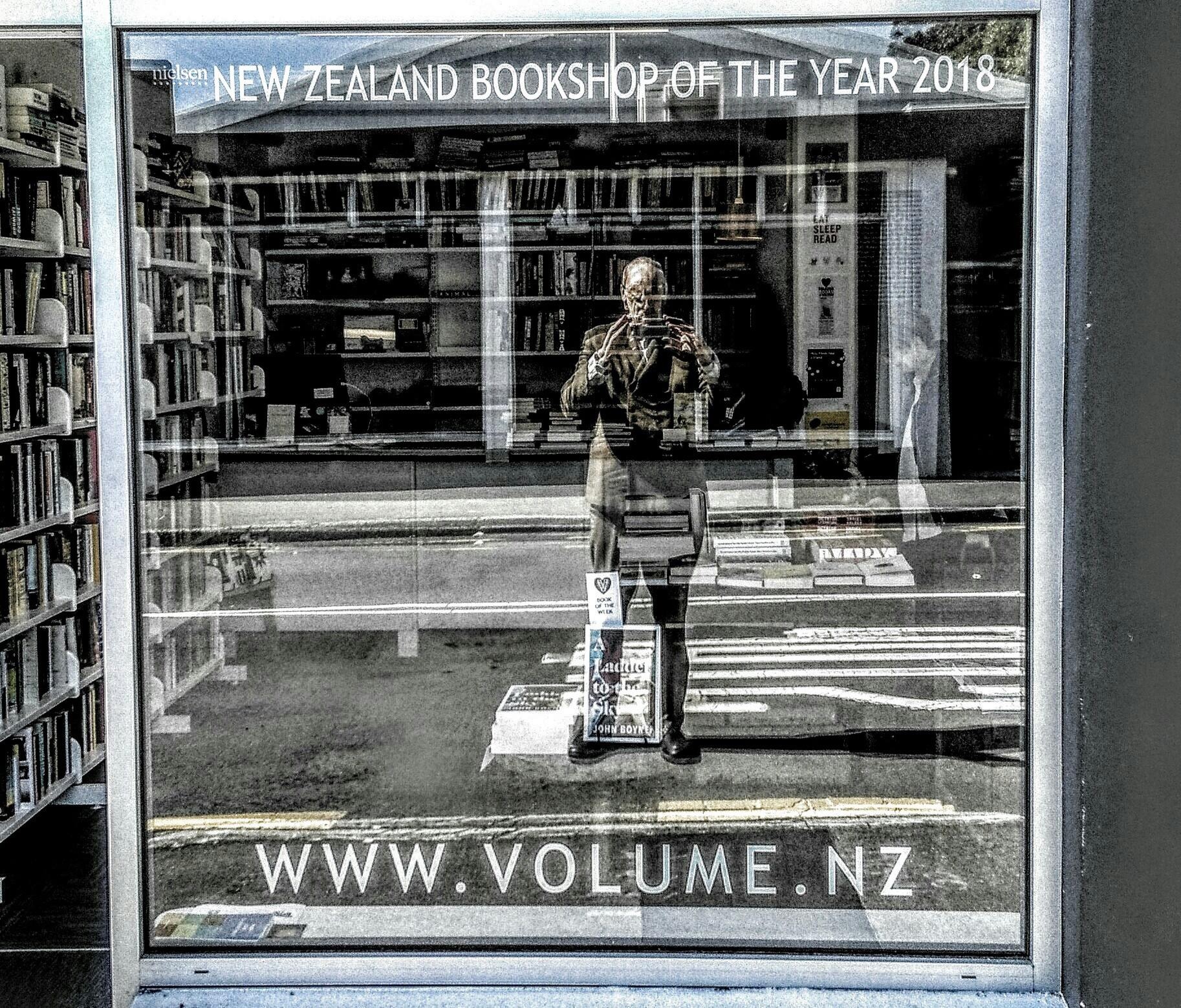 Consider
Consider 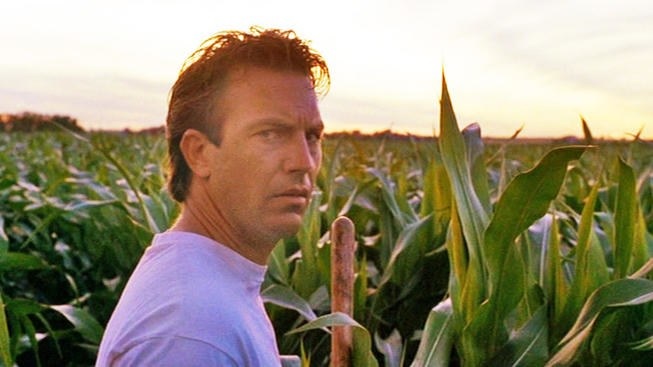 Field of Dreams, she added, "is a strange mix of the utterly prosaic and real, and the utterly magical and mysterious, and yet it works. So does Volume. That magical experience of finding something you never thought possible is possible at Volume. By combining realistic business practices, with their own brand of magic, Stella and Thomas have created something highly unlikely: a tiny but successful bookshop on small one-way street, in a small town, in a small country, 1,000s of miles from anywhere. They built it. And we have come."
Field of Dreams, she added, "is a strange mix of the utterly prosaic and real, and the utterly magical and mysterious, and yet it works. So does Volume. That magical experience of finding something you never thought possible is possible at Volume. By combining realistic business practices, with their own brand of magic, Stella and Thomas have created something highly unlikely: a tiny but successful bookshop on small one-way street, in a small town, in a small country, 1,000s of miles from anywhere. They built it. And we have come."